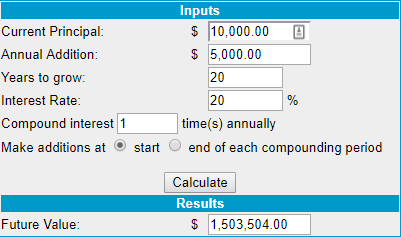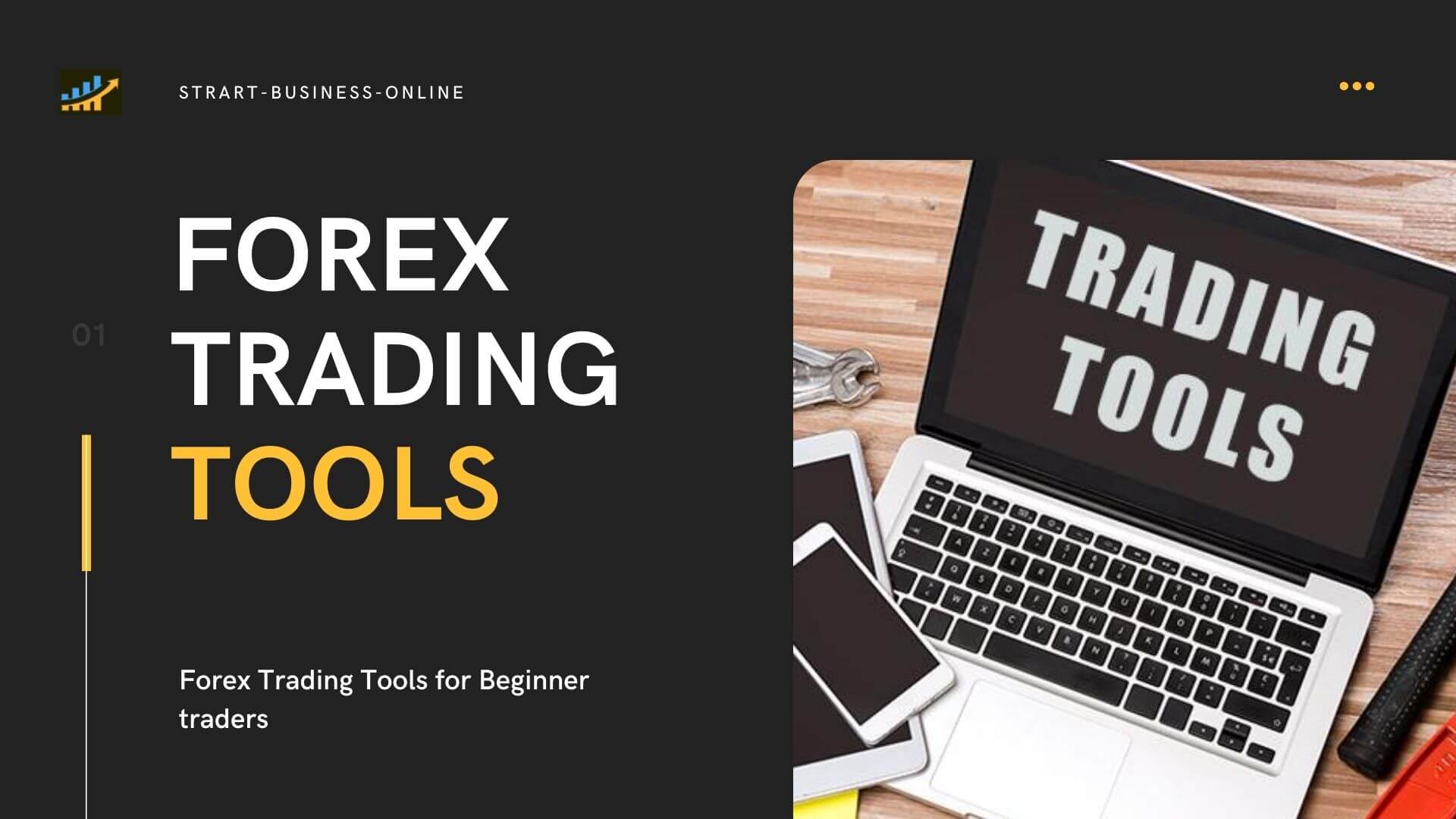
If you are looking for smart investments, there is no better way than to buy and sell stocks online. A broker can help you purchase shares from various companies and diversify the investments. You can make your investment goals more achievable by investing in food and technology. You should also avoid putting all your eggs in one basket. Here are some safe and secure ways to purchase and sell stocks online.
Investing your knowledge
If you're looking to purchase or sell stocks, it is vital that you invest in your knowledge. There are some steps you can follow to be a successful investor, no matter your level of experience. First, understand the stock market. There are many stock markets all over the globe, so be sure to learn about each one. If you want to make a good profit in stock market investing, it is vital that you choose the right company.

Finding stocks that fit your investment goals
Before you start investing, define your investment goals. You should segment these goals according to your time horizon. The short-term goals will likely relate to events within the next few decades. Long-term investments are better suited for long-term goals such as retirement. For example, if you have a short-term goal to buy a house and your medium-term goal to save for college, it might be possible to save enough money to pay for that.
How to choose an online stockbroker
When choosing an online stockbroker, consider the fees that you'll incur. Some brokers have transaction fees while others don't. Fees are charged for investment services, trading, and other non-trading activities. You also need to consider whether you want high-level guidance or more independence. It is also worth considering whether you may need a demo to get started. Asking if there is a minimum investment is also a smart idea.
Real-time stock quotes
When you buy and sell stocks online, you should always get a real-time stock quote, because prices fluctuate so quickly, from second to second. If you purchase stock for investment purposes you will need the most recent price information. A delayed stock quote is worthless in such fast markets. While it is nice to get an up-to-date quote, you will not have the exact same information as a current one.

Calculating the cost to buy and sell stocks online
You may be new to investing in stocks and wondering how to calculate the price of selling or buying stock online. A stock calculator can help you calculate the potential profit or loss from selling and buying stocks. These calculators can help you determine the break-even point and return on your investment for stocks. You will be able to make smart decisions and maximize your profits when you know how to calculate the costs involved in buying and selling stocks.
FAQ
Are bonds tradeable
Yes they are. Bonds are traded on exchanges just as shares are. They have been for many, many years.
They are different in that you can't buy bonds directly from the issuer. You will need to go through a broker to purchase them.
This makes it easier to purchase bonds as there are fewer intermediaries. This means that selling bonds is easier if someone is interested in buying them.
There are many different types of bonds. Different bonds pay different interest rates.
Some pay interest quarterly while others pay an annual rate. These differences make it easy compare bonds.
Bonds can be very useful for investing your money. You would get 0.75% interest annually if you invested PS10,000 in savings. This amount would yield 12.5% annually if it were invested in a 10-year bond.
If all of these investments were accumulated into a portfolio then the total return over ten year would be higher with the bond investment.
What is a fund mutual?
Mutual funds are pools that hold money and invest in securities. Mutual funds offer diversification and allow for all types investments to be represented. This helps to reduce risk.
Professional managers manage mutual funds and make investment decisions. Some funds let investors manage their portfolios.
Most people choose mutual funds over individual stocks because they are easier to understand and less risky.
What are the pros of investing through a Mutual Fund?
-
Low cost – buying shares directly from companies is costly. A mutual fund can be cheaper than buying shares directly.
-
Diversification: Most mutual funds have a wide range of securities. The value of one security type will drop, while the value of others will rise.
-
Professional management - professional managers make sure that the fund invests only in those securities that are appropriate for its objectives.
-
Liquidity - mutual funds offer ready access to cash. You can withdraw the money whenever and wherever you want.
-
Tax efficiency - Mutual funds are tax efficient. As a result, you don't have to worry about capital gains or losses until you sell your shares.
-
Purchase and sale of shares come with no transaction charges or commissions.
-
Easy to use - mutual funds are easy to invest in. All you need is money and a bank card.
-
Flexibility - you can change your holdings as often as possible without incurring additional fees.
-
Access to information - You can view the fund's performance and see its current status.
-
Investment advice - you can ask questions and get answers from the fund manager.
-
Security - Know exactly what security you have.
-
Control - The fund can be controlled in how it invests.
-
Portfolio tracking - you can track the performance of your portfolio over time.
-
Easy withdrawal - it is easy to withdraw funds.
There are disadvantages to investing through mutual funds
-
Limited investment opportunities - mutual funds may not offer all investment opportunities.
-
High expense ratio. The expenses associated with owning mutual fund shares include brokerage fees, administrative costs, and operating charges. These expenses can impact your return.
-
Lack of liquidity - many mutual funds do not accept deposits. They must only be purchased in cash. This restricts the amount you can invest.
-
Poor customer service - There is no single point where customers can complain about mutual funds. Instead, you should deal with brokers and administrators, as well as the salespeople.
-
Risky - if the fund becomes insolvent, you could lose everything.
What is a "bond"?
A bond agreement is a contract between two parties that allows money to be transferred for goods or services. It is also known to be a contract.
A bond is usually written on a piece of paper and signed by both sides. This document includes details like the date, amount due, interest rate, and so on.
The bond is used when risks are involved, such as if a business fails or someone breaks a promise.
Bonds are often combined with other types, such as mortgages. This means that the borrower has to pay the loan back plus any interest.
Bonds are also used to raise money for big projects like building roads, bridges, and hospitals.
The bond matures and becomes due. The bond owner is entitled to the principal plus any interest.
Lenders lose their money if a bond is not paid back.
How are shares prices determined?
Investors are seeking a return of their investment and set the share prices. They want to make a profit from the company. So they purchase shares at a set price. If the share price increases, the investor makes more money. If the share price goes down, the investor will lose money.
The main aim of an investor is to make as much money as possible. This is why they invest in companies. It helps them to earn lots of money.
How Do People Lose Money in the Stock Market?
The stock market is not a place where you make money by buying low and selling high. You can lose money buying high and selling low.
The stock market is for those who are willing to take chances. They may buy stocks at lower prices than they actually are and sell them at higher levels.
They believe they will gain from the market's volatility. But they need to be careful or they may lose all their investment.
Statistics
- For instance, an individual or entity that owns 100,000 shares of a company with one million outstanding shares would have a 10% ownership stake. (investopedia.com)
- The S&P 500 has grown about 10.5% per year since its establishment in the 1920s. (investopedia.com)
- "If all of your money's in one stock, you could potentially lose 50% of it overnight," Moore says. (nerdwallet.com)
- US resident who opens a new IBKR Pro individual or joint account receives a 0.25% rate reduction on margin loans. (nerdwallet.com)
External Links
How To
How to Trade on the Stock Market
Stock trading involves the purchase and sale of stocks, bonds, commodities or currencies as well as derivatives. The word "trading" comes from the French term traiteur (someone who buys and sells). Traders are people who buy and sell securities to make money. This is the oldest form of financial investment.
There are many options for investing in the stock market. There are three basic types of investing: passive, active, and hybrid. Passive investors only watch their investments grow. Actively traded investors seek out winning companies and make money from them. Hybrid investors take a mix of both these approaches.
Index funds that track broad indexes such as the Dow Jones Industrial Average or S&P 500 are passive investments. This method is popular as it offers diversification and minimizes risk. All you have to do is relax and let your investments take care of themselves.
Active investing is the act of picking companies to invest in and then analyzing their performance. Active investors will look at things such as earnings growth, return on equity, debt ratios, P/E ratio, cash flow, book value, dividend payout, management team, share price history, etc. They will then decide whether or no to buy shares in the company. They will purchase shares if they believe the company is undervalued and wait for the price to rise. They will wait for the price of the stock to fall if they believe the company has too much value.
Hybrid investing is a combination of passive and active investing. For example, you might want to choose a fund that tracks many stocks, but you also want to choose several companies yourself. In this case, you would put part of your portfolio into a passively managed fund and another part into a collection of actively managed funds.